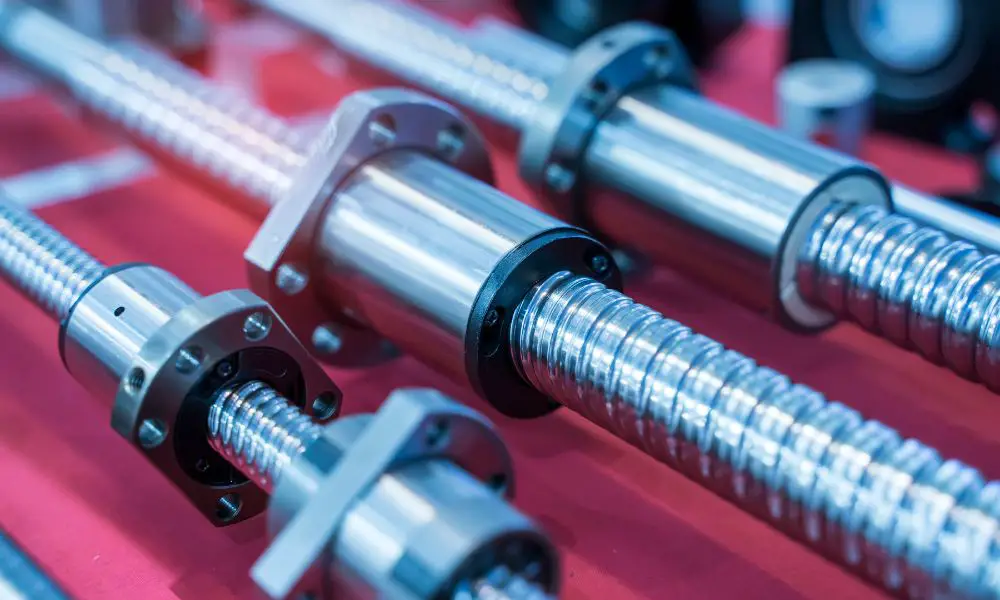

The automotive, medical, food, and many other industries rely heavily on their access to and use of ball screw assemblies. These tiny but mighty mechanisms play the role of motion conversion in machinery and assist in critical production processes. But regardless of their importance, there are still a few misconceptions about their structure and functions.
Lubrication plays a vital role in technical mechanisms and heavy-duty machinery. Without proper saturation and correct oiling, equipment is at risk of damage and process failure.
With this in mind, it’s easy to assume that inadequate lubrication measures increase the wear rates on ball screw mechanisms. While over time, this is true, many other things play significant roles in how fast a ball screw assembly wears, such as misalignment, friction in the threading, and machine conditions.
Commonly, manufacturers will request a doubled nut on their assembly to help increase the load and capacity of the ball screw mechanism. But doubling the ball nut will not increase or improve the function of the assembly.
The reason for this is that only a single nut can carry the load, and the mechanism can only travel in a single direction. Opting for a ground ball screw assembly can achieve the manufacturer’s intended goals at a much more cost-effective price.
Another relatively common misconception about ball screws is that the size of the screw will impact the accuracy of the assembly. Understanding that traveling accuracy has more to do with the assembly’s efficiency rates is essential. Manufacturers associate girth with precision, but the size will almost always pertain to the associated machinery and fit the specifications or demands, leaving the accuracy unaffected.
Misconceptions about the backlash are some of the most commonly talked about issues. Many will accept backlash issues as is, leaving them to believe they cannot reduce or eliminate a ball screw’s backlash.
Backlash almost always means there is a level of inefficiency and breakdown in the mechanism’s basic functions. Engineers can eliminate these issues through various tweaking methods that fine-tune the assembly and increase its overall efficiency. Often, adjusting the preload is the solution with the most resolve.
Ball screw assemblies play significant roles in various industrial applications and heavy-duty machinery. Any time there is a transfer in motion, a ball screw is often the one completing the transfer. It’s essential to partner with your engineering team if you experience any issues and try to avoid assuming the flaws are acceptable.
A business can develop in many ways. One of the best ways to grow your…
American families are once again juggling the seasonal custom—and financial burden—of back-to-school shopping as the…
Want to bond over unexpected activities? Look at these unconventional ways to connect with your…
Burnout isn’t just something that happens to CEOs. For moms homeschooling littles, it’s a very…
When it comes to long-distance motorcycling, comfort, reliability, and smart engineering can make or break…
Flowers have seen significant transformation over time; online flower shopping is increasingly common now for…